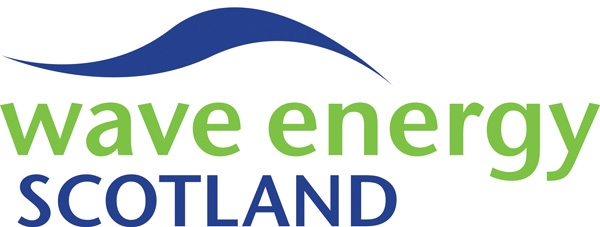Today Wave Energy Scotland (WES) is awarding almost £1m to fund the development of Advanced Control Systems technology for wave energy devices.
This technology aims to significantly reduce the cost of generating electricity from wave energy devices by increasing the amount of energy that they can capture.
The two projects selected for this stage of development will see control systems technology demonstrated in model wave devices in Scottish wave tanks such as the FloWave facility in Edinburgh.
The Control System programme is a key element of WES’ portfolio of work that develops components, sub-systems and wave energy devices. The results and learning from the multitude of WES projects will culminate in the testing of two wave energy devices at sea in Orkney next year.
This latest award brings the total invested by WES in wave energy projects to £39.6m. Since 2014 the organisation has also supported the development of the best technologies for wave devices, power take-off technology and structural materials.
Tim Hurst, Managing Director of WES said: “I’m delighted to see these projects going into stage three to conduct a physical demonstration of their advanced control system concepts. Both offer promising solutions to managing the efficiency and safety of wave energy converters. I look forward to their completion next year. ”
PROJECT SUMMARIES
Both projects are designed to enhance performance and improve the economics of a wave energy converter. In alphabetical order:
Lead Contractor: MaxSim Ltd
Project Title: Cost of Energy Optimised by Reinforced Learning (CEORL).
Project Summary: The goal of the CEORL project is to use reinforcement learning (RL) to learn good control policies for several classes of wave energy converters (WECs). The policy will be learnt in simulations of a WEC, and then transferred to a real WEC where further learning can occur. Control policies will be specific to the class of WEC, but the RL algorithms that learn them will not.
Cost: £475,000 (ex VAT)
Subcontractors: REOptimize Systems, AquaHarmonics Inc, Wave Conundrums Consulting, University of Edinburgh, Quoceant Ltd, Caelulum Ltd, Marine Systems Modelling
Lead Contractor: Queen Mary University, London
Project title: Adaptive hierarchical model predictive control of wave energy converters.
Project Summary: The project aims to contribute a technology that allows a significant reduction in the through life installed capacity cost of wave energy converters (WECs), applicable across a wide range of WEC hull and power take-off (PTO) system designs.
Cost: £461,345 (ex VAT)
Subcontractors: Mocean Energy Ltd, University of Exeter

